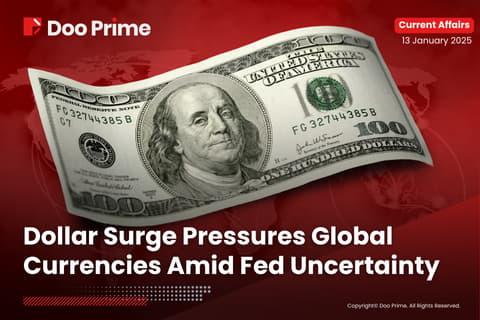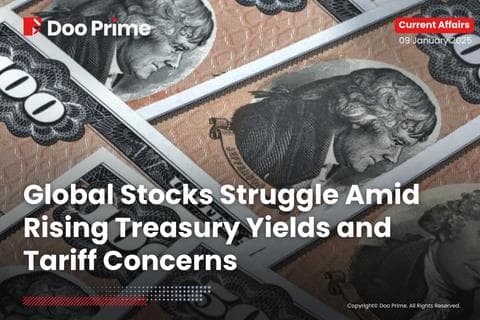WORLDWIDE: HEADLINES
Biden Hits Russia With New Sanctions For ‘Premeditated’ Ukraine Attack
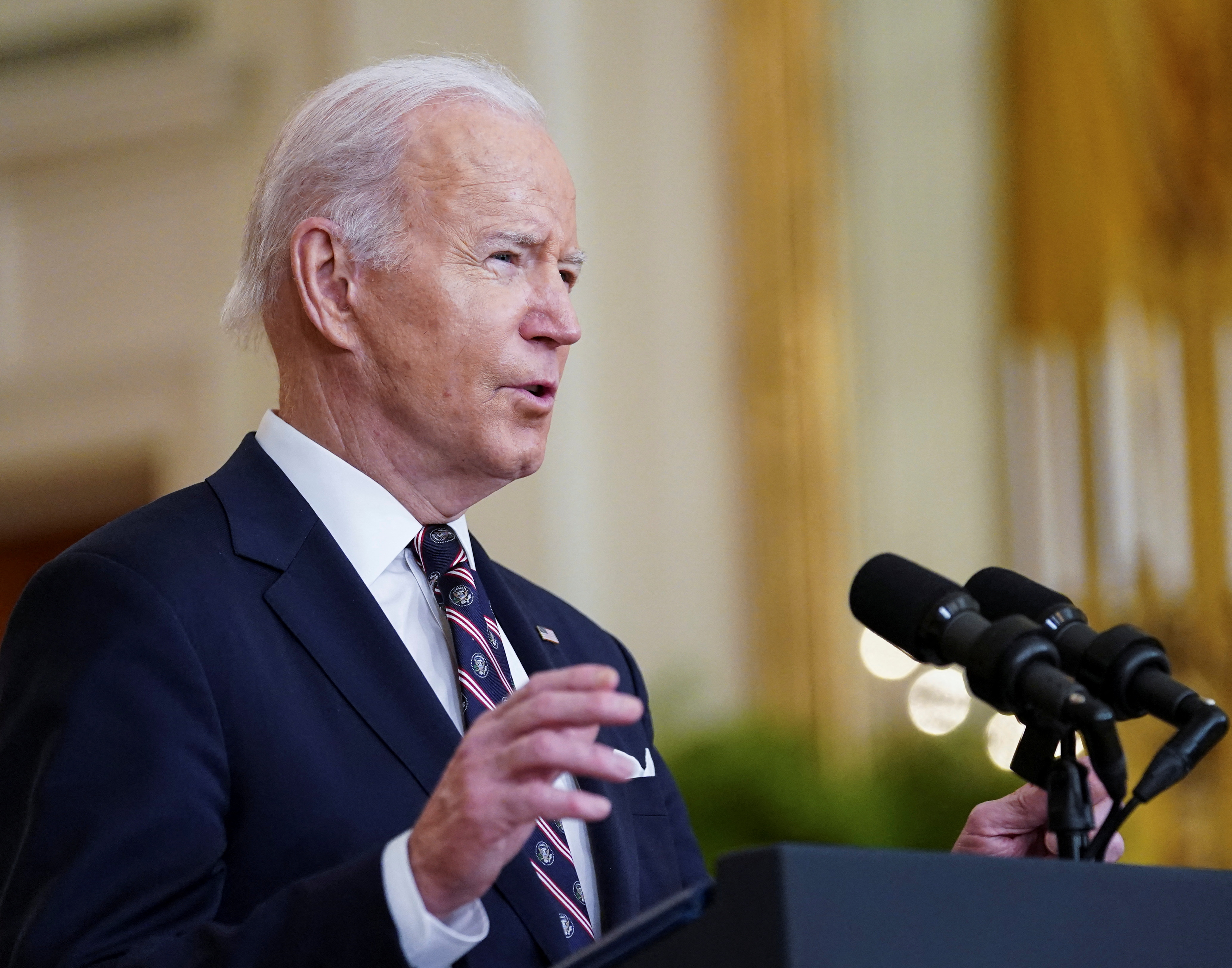
President Joe Biden hit Russia with a wave of sanctions on Thursday after Moscow invaded Ukraine, measures that impede Russia’s ability to do business in major currencies along with sanctions against banks and state-owned enterprises.
Biden described Russian President Vladimir Putin as an aggressor with a “sinister vision of the world” and a misguided dream of recreating the Soviet Union.
But he held back from imposing sanctions on Putin himself and from disconnecting Russia from the SWIFT international banking system, amid differences with Western allies over how far to go at this juncture and criticism from Republicans that he should have done more.
Ukrainian forces battled Russian invaders on three sides on Thursday, prompting tens of thousands of people to flee their homes.
“This is a premeditated attack,” Biden told reporters at the White House. “Putin is the aggressor. Putin chose this war. And now he and his country will bear the consequences.”
Biden said the sanctions were designed to have a long-term impact on Russia and to minimize the impact on the United States and its allies. And he said Washington was prepared to do more.
The sanctions are aimed at limiting Russia’s ability to do business in dollars, euros, pounds and yen. Among the targets were five major banks, including state-backed Sberbank and VTB, as well as members of the Russian elite and their families. Sberbank, Russia’s largest lender, will no longer be able to transfer money with the assistance of U.S. banks.
The White House also announced export restrictions aimed at curbing Russia’s access to everything from commercial electronics and computers to semiconductors and aircraft parts.
Full coverage: REUTERS
EU Says “Putin Must And Will Fail” As It Agrees New Sanctions
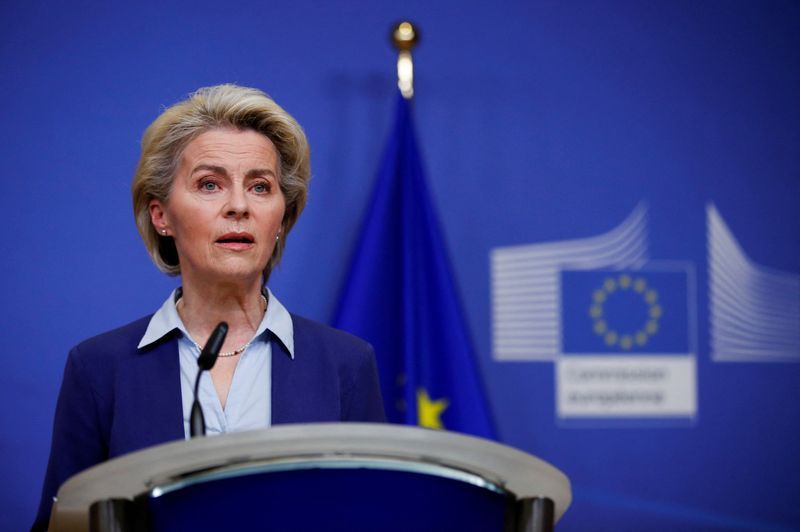
President Vladimir Putin “must and will fail,” top European Union leaders said on Friday as they agreed new sanctions over his invasion of Ukraine, saying he was trying to bring the continent back to the age of empires and confrontations.
Russia launched its invasion by land, air and sea on Thursday following a declaration of war by Putin. An estimated 100,000 people fled as explosions and gunfire rocked major cities. Dozens have been reported killed.
The bloc’s leaders agreed in principle at an emergency overnight summit to impose new economic sanctions, joining the United States and others in taking steps such as curbing Russia’s access to technologies.
The EU will freeze Russian assets in the bloc and halt its banks’ access to European financial markets as part of what EU foreign policy chief Josep Borrell described as “the harshest package of sanctions we have ever implemented”.
“This package includes financial sanctions, targeting 70% of the Russian banking market and key state owned companies, including in defence,” EU Commission chief Ursula von der Leyen said on Twitter.
She told a news conference that the sanctions, which also limit Russia’s access to financial markets, would increase Russia’s borrowing costs and raise inflation there.
Von der Leyen also said that export curbs to Russia would hurt its oil sector by stopping access to material it needs from the EU for its oil refineries. That will, over time, trigger a depletion in Russia’s oil refining revenues, she said.
However, whereas the United States issued detailed sanctions on Thursday, EU countries, split over just how far to go, left details to be worked out in the coming days.
French President Emmanuel Macron told the same news conference that the war showed Europe needed to become a real power and be independent in the fields of energy and security.
Full coverage: REUTERS
WORLDWIDE: FINANCE/BUSINESS
Asian Shares Track Wall St Rally; Markets Eye Long-term Ukraine Risk
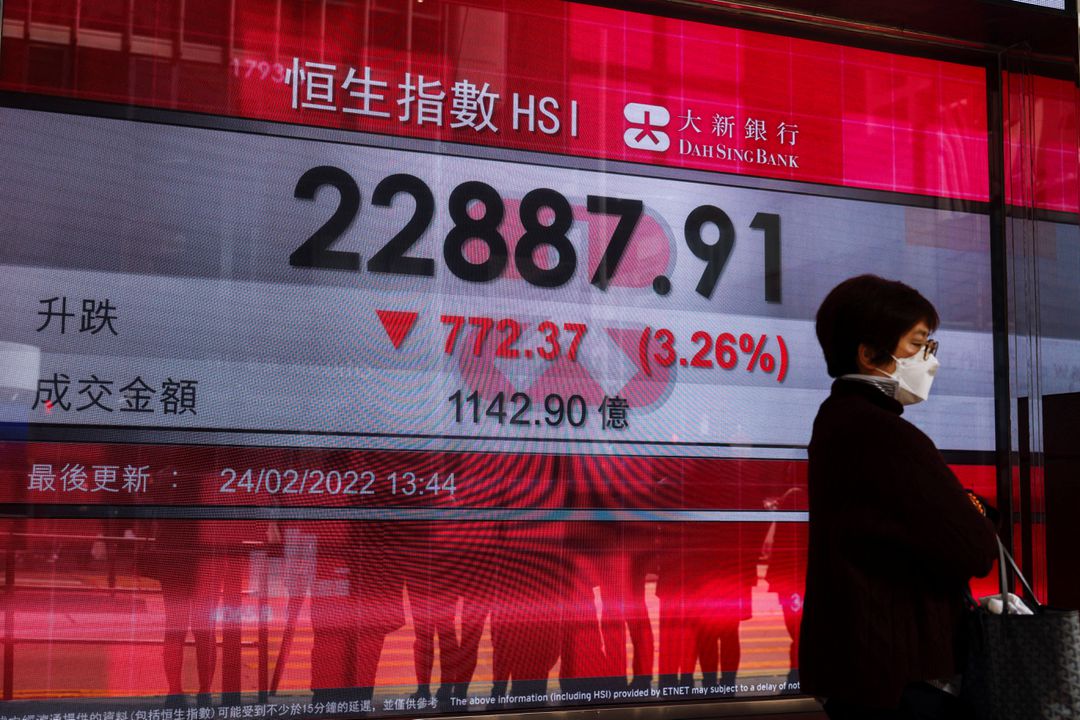
Asian shares regained ground on Friday, following Wall Street’s overnight lead as U.S. President Joe Biden hit back at Russia with harsh sanctions after it unleashed troops, tanks and missiles on Ukraine.
MSCI’s broadest index of Asia-Pacific shares outside Japan (.MIAPJ0000PUS) rose 0.68%, while Japan’s Nikkei (.N225) was trading up 1.53% and Hong Kong’s Hang Seng index added 0.16%. Australian shares (.AXJO) added 0.3%, driven by a rebound in tech stocks.
Investors rediscovered their risk appetite overnight after some initial sharp losses, with major U.S. indices posting gains on Wall Street on Thursday, lead by tech stocks.
However, U.S. share futures slipped in early Asian trade, with S&P500 e-mini futures losing 0.61% and Nasdaq futures down 0.92%.
Analysts worry any rallies might be fleeting.
“Biden’s sanctions and reluctance to pour troops in is providing some relief. But this conflict is going to be a protracted issue and add to global inflationary pressures that will keep central banks on track for tightening,” said Kyle Rodda, analyst at IG Markets in Melbourne.
“It’s okay for now, but in the long-term the market will be tracking to the downside,” he said.
The yield on 10-year U.S. Treasuries was at 1.95% after an initial slide to 1.84% on Thursday, its biggest daily drop since late November.
The U.S. dollar index, which measures the greenback against a basket of major currencies, eased 0.12% to 96.98, having risen on Thursday to levels last seen during the first wave of the coronavirus pandemic. The Russian rouble was at 83.43 against the dollar, clawing back from a record low of 89.986.
Full coverage: REUTERS
Euro Tries To Recover After Tumbling On Russian Invasion Of Ukraine
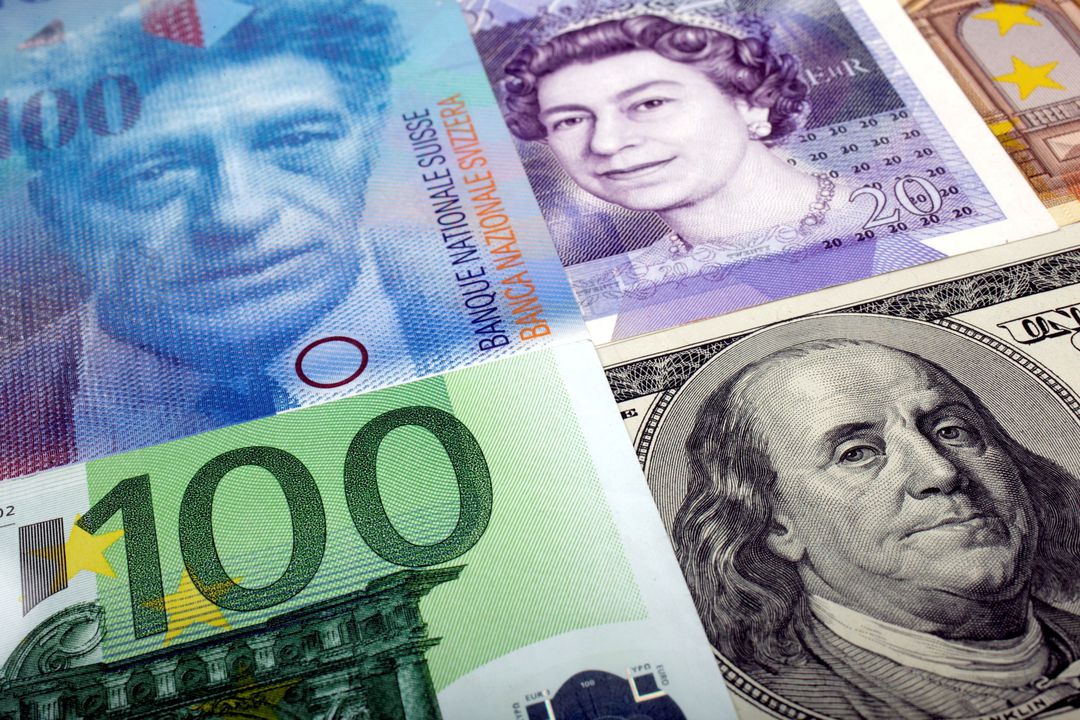
The euro was struggling to recover from its plunge the previous day in early Asia trading on Friday, after Russia’s invasion of Ukraine had hit the common European currency and sent investors scrambling to the safety of the dollar, yen and Swiss franc.
Russia’s rouble also tumbled overnight, falling to a record low of 89.986 per dollar, before recovering a little.
The euro was last at $1.1196 having touched as low as $1.1106 on Thursday, its lowest since May 2020, plunging from the $1.13045 at which it had finished on Wednesday.
Sterling and the risk-friendly Australian dollar also were hammered while the U.S. dollar in turn lost ground on the yen and Swiss franc.
As a result, the dollar index rose as high as 97.740, its highest since June 2020. It was last at 96.990.
Russia, on Thursday, unleashed the biggest attack on a European state since World War Two, prompting tens of thousands of people to flee their homes, as Ukrainian forces fought on multiple fronts.
The United States responded with a wave of sanctions impeding Russia’s ability to do business in major currencies along with sanctions against banks and state-owned enterprises.
“The first order impact is naturally in Russia and Ukraine … but there is an impact on Asia Pacific bond and foreign exchange markets as well,” said Riad Chowdhury APAC head of MarketAxess, a credit trading platform.
Chowdhury pointed to a “flight-to-quality type move both in global assets (moving to the dollar and yen) as well as in emerging markets”.
Full coverage: REUTERS
Oil Prices Surge 2% As Russian Invasion Of Ukraine Rings Supply Alarm Bells
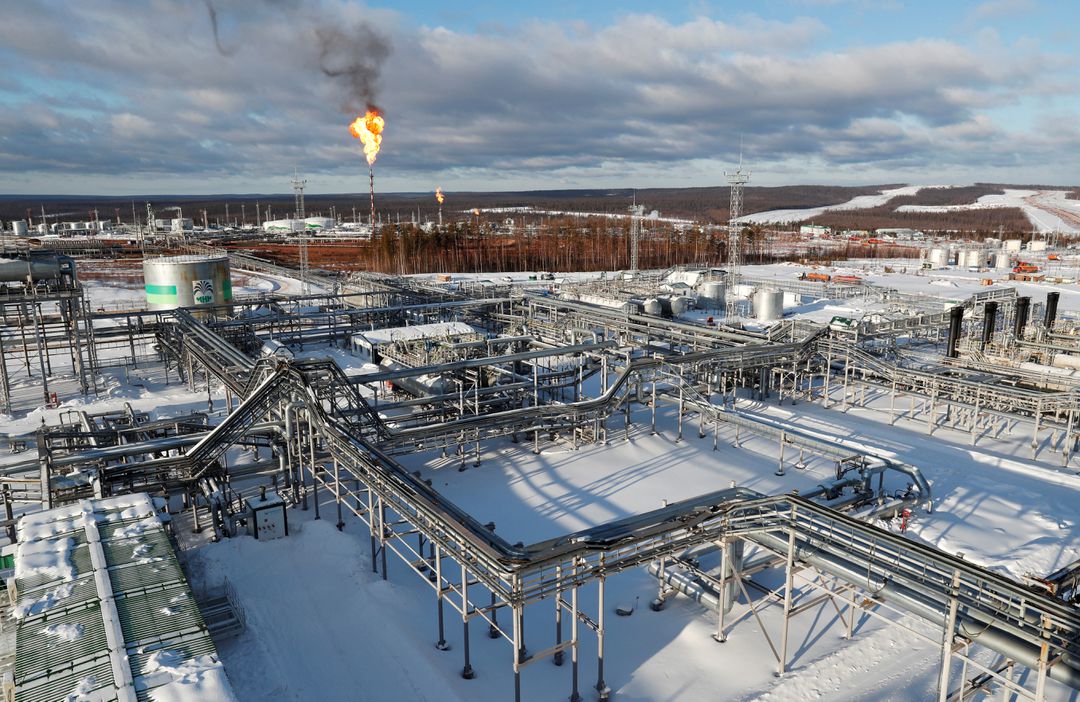
Oil prices soared nearly $2 per barrel in early trade on Friday as Russia’s invasion of Ukraine continued to inflame global supply concerns as markets brace for the impact of trade sanctions on major crude exporter Russia.
Global benchmark Brent crude rose $1.99, or 2%, to $101.07 a barrel around 0155 GMT on Friday. U.S. West Texas Intermediate (WTI) crude CLc1 climbed $1.89, or 2% to $94.70 a barrel.
The attack on Ukraine caused prices to surge to more than $100 a barrel for the first time since 2014 on Thursday, with Brent touching $105, before paring gains by the close of trade.
The massed Russian assault by land, sea and air was the biggest attack on a European state since World War Two, prompting tens of thousands of people to flee their homes.
“Oil markets are particularly vulnerable to supply shocks given global oil stockpiles are at seven-year lows,” said Commonwealth Bank analyst Vivek Dhar in a note.
U.S. President Joe Biden hit Russia with a wave of sanctions on Thursday after Moscow invaded Ukraine, measures that impede Russia’s ability to do business in major currencies along with sanctions against banks and state-owned enterprises.
“OPEC+ spare oil capacity has come under question due to disappointing OPEC+ supply growth,” Dhar wrote, referring to the Organization of the Petroleum Exporting Countries (OPEC) and allied producers – including Russia – and problems they have experienced in boosting production. Output by OPEC members in January was below a rise planned under a deal with allies, according to a Reuters survey.
While the Biden administration has indicated it may look to release strategic oil stockpiles to address high prices, “history suggests that any drawdown on strategic oil stockpiles will likely only provide temporary relief from high oil prices,” added Dhar.
Nigeria’s petroleum minister has also said that there is no need for OPEC+ to expand planned oil production as a potential deal between Iran and world powers will increase supplies.
Full coverage: REUTERS

